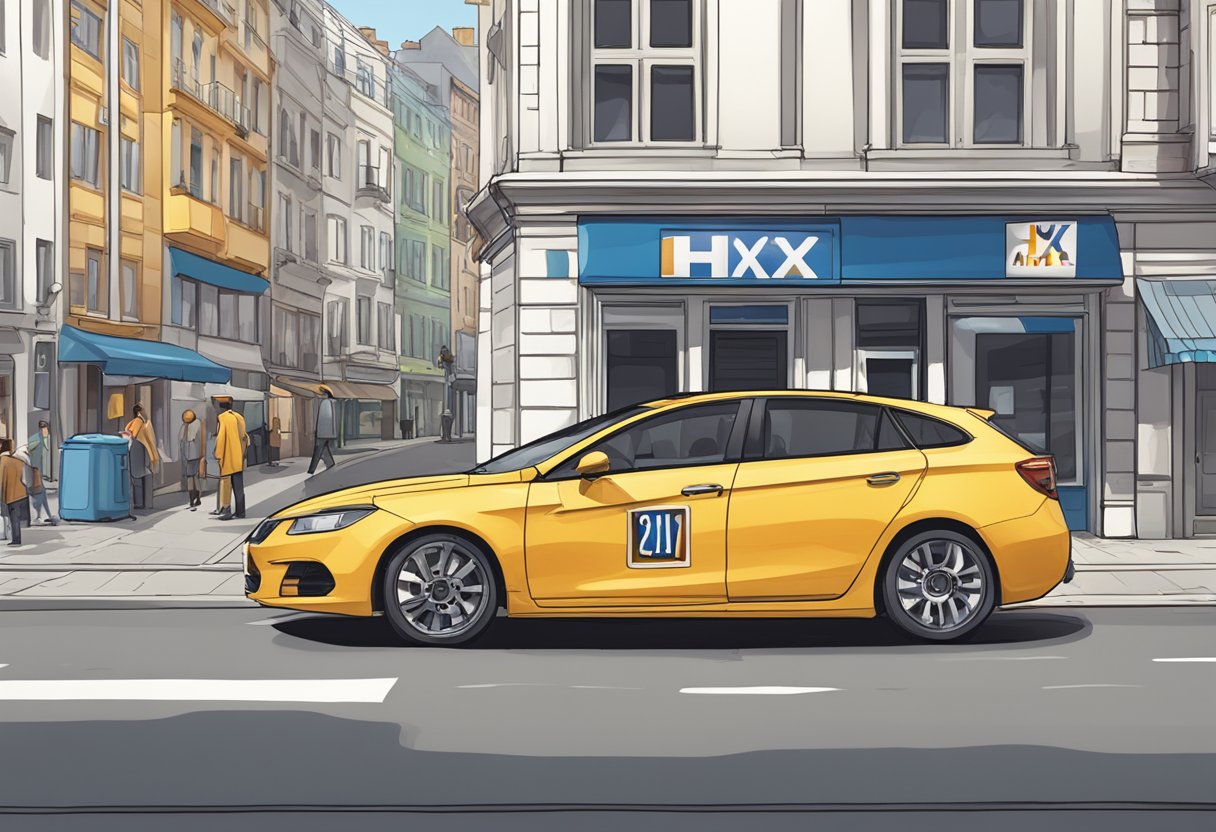Hydrogen vs Electric Vehicles: A Comparative Analysis
Explore the key differences between hydrogen and electric vehicles, their technological advancements, benefits, limitations, and future potential in the automotive industry.

The Rise of Hydrogen and Electric Vehicles
As the world shifts towards sustainable and eco-friendly transportation, hydrogen vs electric vehicles has become a heated debate among manufacturers, consumers, and policymakers. While electric vehicles (EVs) have been hailed as the frontrunners in the green car revolution, hydrogen fuel cell vehicles (FCVs) are emerging as a viable alternative that merits consideration. This article delves into the specific aspects of each technology, comparing their efficiencies, infrastructure needs, environmental impact, and market acceptance.
Performance and Efficiency
Both hydrogen and electric vehicles promise impressive performance, but their efficiencies and driving experiences differ significantly.
- Electric Vehicles: Typically, electric vehicles offer a higher efficiency rate. EVs convert about 60-70% of electrical energy from the grid to power at the wheels. For instance, the Tesla Model 3, a popular electric car, boasts remarkable acceleration and a quiet ride.
- Hydrogen Vehicles: Hydrogen fuel cells convert about 40-60% of the energy in hydrogen to power at the wheels. While they may lack some of the acceleration oomph of electric vehicles, FCVs such as the Toyota Mirai offer quick refueling times—completing a full tank in under 5 minutes, thus excelling in range.
Range Considerations
Range anxiety is a critical consideration for new car buyers, and both technologies have their unique selling points.
- Electric Vehicles: The range of electric vehicles varies widely, with many models offering anywhere between 150 to over 400 miles on a single charge. As battery technology improves, this range is continually increasing.
- Hydrogen Vehicles: Fuel cell vehicles typically offer longer ranges, commonly exceeding 300 miles per fill-up. Additionally, the ability to refuel quickly can alleviate range anxiety for many consumers.
Infrastructure and Availability
Infrastructure is a crucial factor in the adoption rates of these two technologies:
- Electric Vehicles: Charging stations for EVs have proliferated over the past decade, supported by both government initiatives and private enterprises. As of now, over 100,000 charging stations are available in the US alone, providing easy access for EV drivers.
- Hydrogen Vehicles: In contrast, hydrogen refueling stations are scarce, with only around 50 stations in the US primarily located in California. This has limited the growth potential of hydrogen vehicles, despite their advantages in refueling speed.
Environmental Impact
From an environmental standpoint, both hydrogen and electric vehicles present lower emissions compared to traditional gasoline or diesel vehicles.
- Electric Vehicles: While EVs produce zero tailpipe emissions, their environmental impact largely depends on the source of electricity used for charging. Renewable energy sources, such as wind or solar, enhance their green credentials.
- Hydrogen Vehicles: Hydrogen production methods vary in their carbon footprint; "green hydrogen" produced via electrolysis powered by renewable energy presents the cleanest option. However, currently, much hydrogen is produced using fossil fuels (grey hydrogen), which diminishes its environmental benefits.
Cost Considerations and Affordability
Understanding costs is essential when considering a vehicle purchase:
- Electric Vehicles: The initial purchase price of EVs has significantly decreased, aided by increased competition and advances in battery technology. Tax incentives and rebates further lower the effective cost for consumers.
- Hydrogen Vehicles: Hydrogen cars generally have a higher upfront cost, with fewer models available and heavier reliance on specialized components. However, as the industry matures, costs may decrease, improving affordability.
Market Trends and Future Outlook
The future landscape for hydrogen vs electric vehicles remains uncertain due to rapid technological developments and shifting consumer preferences.
- Electric Vehicles: The EV market continues to grow, with forecasts predicting an explosive increase in sales as more manufacturers commit to electrifying their fleets. Major players are investing heavily in battery technology and charging infrastructure.
- Hydrogen Vehicles: Despite challenges regarding hydrogen infrastructure and production, many industries (like heavy-duty transport and fleets) view hydrogen as a necessary alternative, particularly for applications where rapid refueling and long ranges are essential.
Conclusion: Choosing Between Hydrogen and Electric Vehicles
As consumers face the decision between hydrogen and electric vehicles, the best choice will depend on individual needs, driving habits, and local infrastructure. Electric vehicles currently lead in performance, infrastructure, and overall market presence. However, hydrogen fuel cell vehicles could play a significant role in the future, especially for specific applications needing quick refueling and extended ranges. With ongoing advancements in technology and infrastructure, the "winner" in the hydrogen vs electric vehicles debate may ultimately be a tapestry interwoven with both technologies serving complementary roles in achieving a sustainable transportation future.
New posts

The Rise of E-Mobility Start-Ups: Transforming the Future of Transportation
Electric Vehicles

Understanding the Percentage of Electric Cars in Norway: A Comprehensive Analysis
Sustainability

Exploring Electric Car Battery Swap Stations: A Revolutionary Solution for Sustainable Transportation
Electric Vehicles

Latest E-Mobility News: Trends, Innovations, and Insights
Sustainability

The Future of Performance: Exploring Audi Quattro Electric Technology
Sustainability

Understanding Bio Hybrids: Revolutionizing Biotechnology
Technology

Bio Hybrid vs Electric: Which Is the Future of Sustainable Driving?
Innovation

Exploring the Audi Quattro Electric Range: Performance, Efficiency, and Features
Electric Vehicles

Audi Quattro Electric vs Tesla Model Y: A Comprehensive Comparison
Electric Vehicles

What to Expect from Bio Hybrid Cars in 2025
Sustainability
Popular posts

The Rise of Polestar Motorcycles: A Comprehensive Look at This Exciting New Player
Sustainability

Maximize Your EV Experience with a Wallbox Garage: All You Need to Know
Home Improvement

Exploring NIO Power Swap Stations: Revolutionizing EV Ownership
Sustainability

Exploring Apple Project Titan: The Future of Autonomous Vehicles
Innovation

How Do Electric Car Incentives Work? A Detailed Guide
Sustainability

The Rise of Eco-Friendly SUVs: What You Need to Know
Sustainability

Hydrogen vs Electric Cars: A Comprehensive Comparison
Sustainability

The Latest Insights and Trends in EVNews: Your Go-To Source for Electric Vehicle Updates
Sustainability

Unveiling the Latest E-Mobility Trends in Europe
Technology

Exploring the World of EV Magazines: Your Ultimate Guide
Sustainability